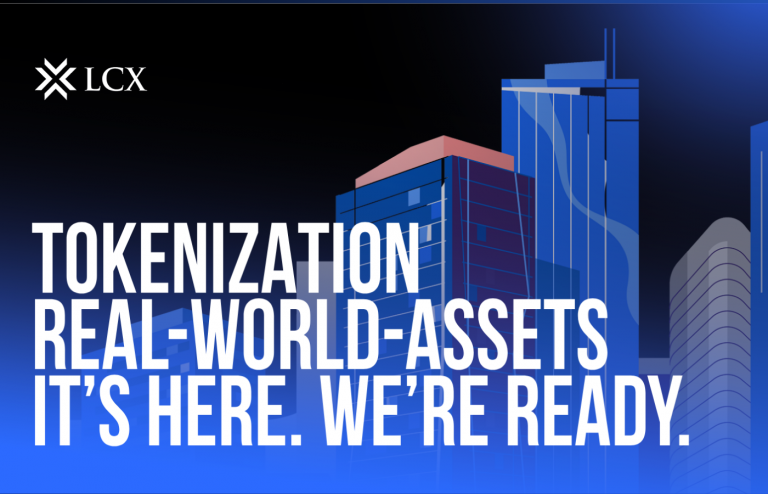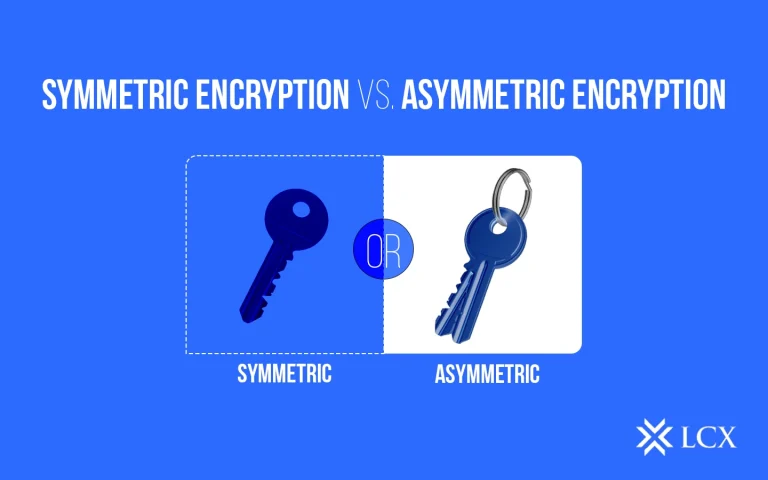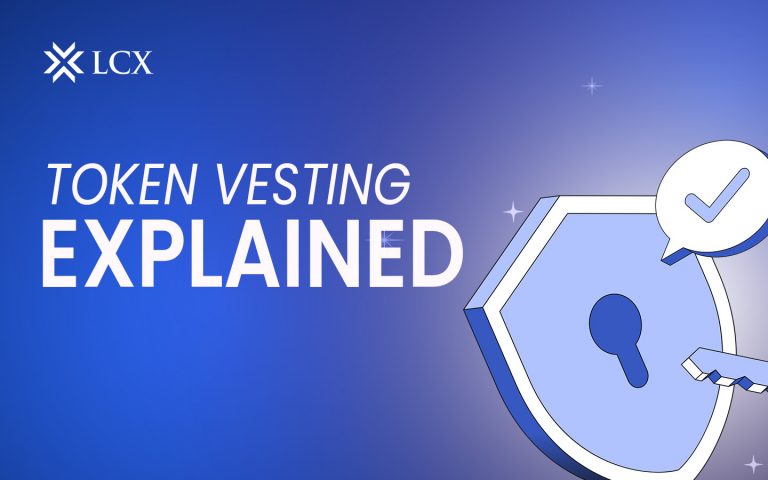Within the blockchain technology landscape, private blockchain networks have emerged as a game-changer for businesses seeking enhanced security, transparency, and efficiency in their operations. Unlike public blockchains, private blockchain networks restrict access to authorized participants only, allowing companies to maintain full control over data and transactions while still leveraging the benefits of blockchain technology.
Understanding Private Blockchain Networks
It is a distributed ledger system wherein only select individuals or organizations have permission to participate in the consensus process and validate transactions. Unlike public blockchains like Bitcoin or Ethereum, private blockchains do not rely on anonymous miners but utilize a controlled network of validators. This permissioned model ensures that all participants are known entities, reducing the risk of malicious activities and enhancing trust among participants.
How Does It Work?
They are decentralized databases that record and preserve transactions. They are restricted to a select group of users granted access by the network administrators. Here are some important considerations regarding the operations:
They require permission, meaning only authorized users are permitted to join the network and conduct transactions.
Using a consensus mechanism, transactions on this blockchain are verified and added to the ledger. This ensures that all network users concur on the blockchain’s status.
Depending on the platform and the organization’s needs, the consensus mechanism utilized by it can vary. Practical Byzantine Fault Tolerance (pBFT), Proof of Work (PoW), and Proof of Stake (PoS) are typical consensus mechanisms.
They offer greater network rule customization and operational control than public blockchains. This makes them an option for organizations that are more versatile and adaptable.
They are a customizable and secure method for organizations to share data and information with a specific group of individuals while maintaining network control.
Key Features and Benefits
Enhanced Security: One of the primary advantages of private blockchain networks is heightened security. Since access to the network is restricted, the chances of unauthorized access, cyberattacks, and fraudulent activities are significantly reduced. This level of security is especially crucial for businesses handling sensitive data and valuable assets.
Privacy and Confidentiality: They offer a higher degree of data privacy as only approved participants can access the information. This feature is essential for industries dealing with confidential data, such as financial institutions, healthcare providers, and government agencies. By keeping sensitive information within a select group, it ensures data integrity and confidentiality.
Faster Transactions: The restricted number of nodes in this blockchain enables faster transaction processing compared to public blockchains with a massive number of nodes. This speed advantage makes them suitable for applications that require immediate transaction settlement, such as supply chain management and real-time payments.
Scalability: These networks can achieve better scalability compared to public blockchains. Since the number of nodes is limited, the consensus process becomes more efficient, allowing the network to handle a larger number of transactions without compromising performance.
Governance and Control: The network’s governance can be tailored to suit the specific needs of the participating entities. This control allows organizations to implement and enforce rules, upgrade protocols, and make decisions collectively, ensuring a smoother and more organized operation.
Key Applications of Private Blockchain
Supply Chain Management
In the supply chain industry, where transparency, traceability, and accountability are paramount, private blockchain networks offer significant advantages. Through a permissioned ledger, stakeholders such as suppliers, manufacturers, logistics partners, and retailers can securely share real-time data on the movement of goods, ensuring authenticity and reducing the risk of counterfeiting. Smart contracts can automate contract execution, payment settlements, and compliance verification, optimizing the supply chain’s efficiency.
Financial Services
Private blockchain networks have shown immense promise in the financial sector, particularly in areas like cross-border payments, remittances, and trade finance. These networks enable faster, cost-effective, and secure transactions between banks, reducing the reliance on intermediaries and minimizing the risk of errors or delays. Additionally, by implementing smart contracts, financial institutions can automate complex processes, such as loan approvals and compliance checks, streamlining their operations.
Healthcare and Electronic Health Records (EHR)
In the healthcare industry, maintaining accurate and secure patient records is of utmost importance. Private blockchain networks provide a tamper-resistant system to store electronic health records, ensuring data integrity and privacy. Authorized healthcare providers can securely access patient information, reducing administrative burdens and facilitating more efficient and collaborative patient care.
Intellectual Property and Copyright Management
Creative industries, such as entertainment and publishing, face significant challenges in protecting intellectual property rights. Private blockchain networks offer a reliable solution for registering and managing copyrights, ensuring artists and creators receive rightful compensation for their work. Additionally, these networks can streamline royalty distribution processes, reducing disputes and improving revenue sharing.
Conclusion
Private blockchain networks represent a transformative force in business operations, offering enhanced security, transparency, and efficiency. By providing controlled access to authorized participants, these networks enable companies to collaborate securely and streamline complex processes. Industries such as supply chain management, financial services, healthcare, and copyright management have already embraced this technology to optimize their operations and enhance customer experiences.
As the private blockchain landscape evolves, it is essential for organizations to navigate the challenges and seize the opportunities that lie ahead. By leveraging this revolutionary technology, businesses can position themselves at the forefront of innovation, ensuring a competitive advantage in an increasingly interconnected and digitized world.










